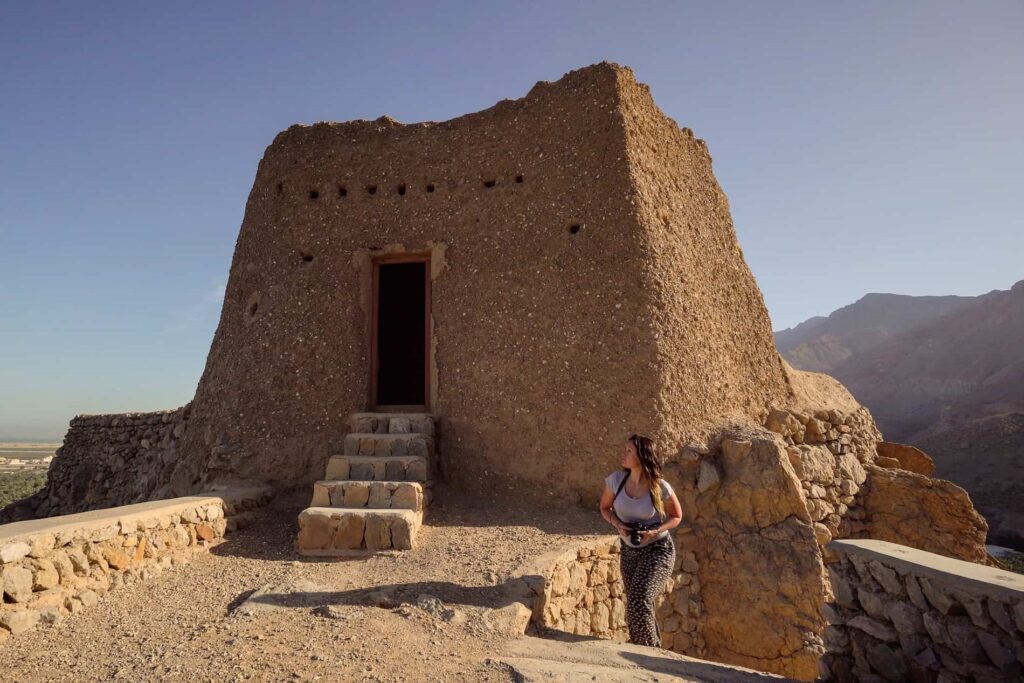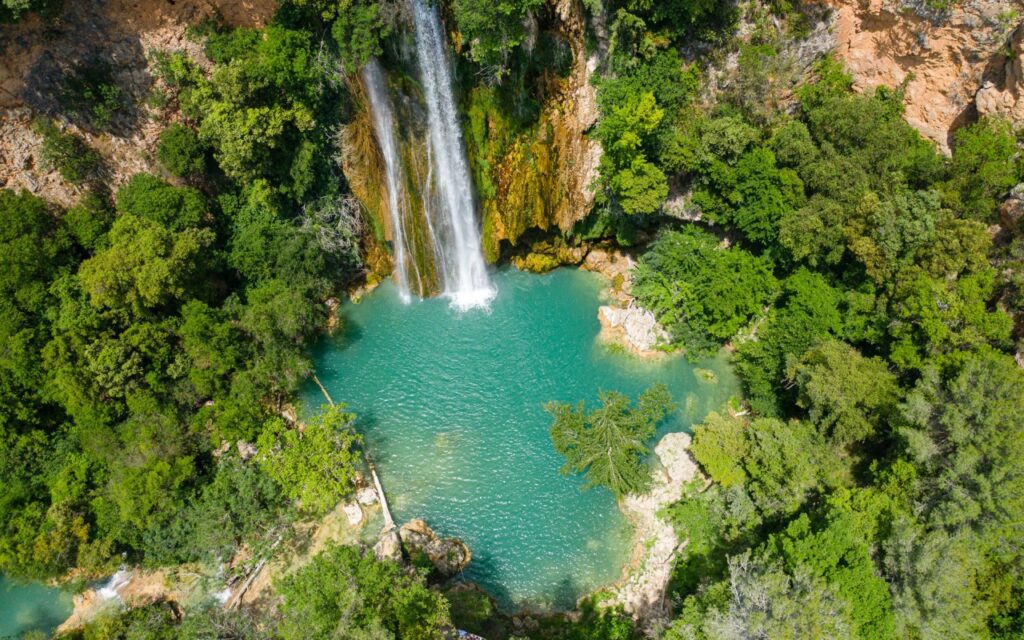Discovering the Rich Heritage of Ras Jebel
Nestled along the northern coast of Tunisia, Ras Jebel is a hidden gem that offers a unique blend of history, culture, and natural beauty. This charming town, often overlooked by tourists, provides a serene escape with its picturesque landscapes and rich heritage. Whether you’re a history enthusiast, a nature lover, or simply seeking a peaceful retreat, Ras Jebel has something to offer.
What to See in Ras Jebel
Ras Jebel is home to several attractions that showcase its historical and cultural significance. One of the must-visit sites is the ancient Roman ruins of Utica, located just a short drive away. As one of the oldest Phoenician settlements in North Africa, Utica offers a fascinating glimpse into the past with its well-preserved mosaics, baths, and amphitheater. Walking through these ruins, you can almost feel the echoes of ancient civilizations.
For those who appreciate natural beauty, the nearby Cap Serrat is a stunning coastal area with pristine beaches and crystal-clear waters. It’s an ideal spot for a relaxing day by the sea, picnicking, or exploring the rugged coastline. The views from the cliffs are breathtaking, especially during sunset.
In the heart of Ras Jebel, the local market is a vibrant place to experience the town’s culture. Here, you can find a variety of local products, from fresh produce to handmade crafts. It’s a great opportunity to interact with the friendly locals and immerse yourself in the daily life of the town.
A Bit of History and Interesting Facts
Ras Jebel has a rich history that dates back to ancient times. The town’s name, which means “Cape of the Mountain” in Arabic, reflects its geographical location. Historically, Ras Jebel was an important trading post due to its strategic position along the Mediterranean coast. Over the centuries, it has been influenced by various cultures, including Phoenician, Roman, and Arab civilizations.
An interesting fact about Ras Jebel is its connection to the olive oil industry. The region is known for producing high-quality olive oil, and you can find numerous olive groves dotting the landscape. Olive oil production has been a significant part of the local economy for generations, and visitors can learn about the traditional methods of olive oil extraction by visiting local farms.
Getting There and Tips for First-Time Visitors
Ras Jebel is easily accessible from Tunis, the capital of Tunisia. The most convenient way to reach Ras Jebel is by car, which takes about an hour and a half. Alternatively, you can take a train or a bus from Tunis to Bizerte, and then a taxi to Ras Jebel. The journey offers scenic views of the Tunisian countryside, making it a pleasant experience.
For first-time visitors, it’s advisable to plan your visit during the spring or autumn months when the weather is mild and pleasant. Summers can be quite hot, while winters are cooler and may bring occasional rain. It’s also a good idea to learn a few basic phrases in Arabic or French, as these are the most commonly spoken languages in the area.
When exploring Ras Jebel, take your time to wander through the town’s narrow streets and enjoy the laid-back atmosphere. Don’t forget to try some local delicacies, such as brik (a savory pastry) and harissa (a spicy chili paste), which are popular in Tunisian cuisine.
Ras Jebel may not be as well-known as other tourist destinations in Tunisia, but its rich heritage and natural beauty make it a worthwhile stop for those seeking an authentic and peaceful experience. Whether you’re exploring ancient ruins, relaxing on the beach, or savoring local flavors, Ras Jebel offers a unique glimpse into the heart of Tunisia.








